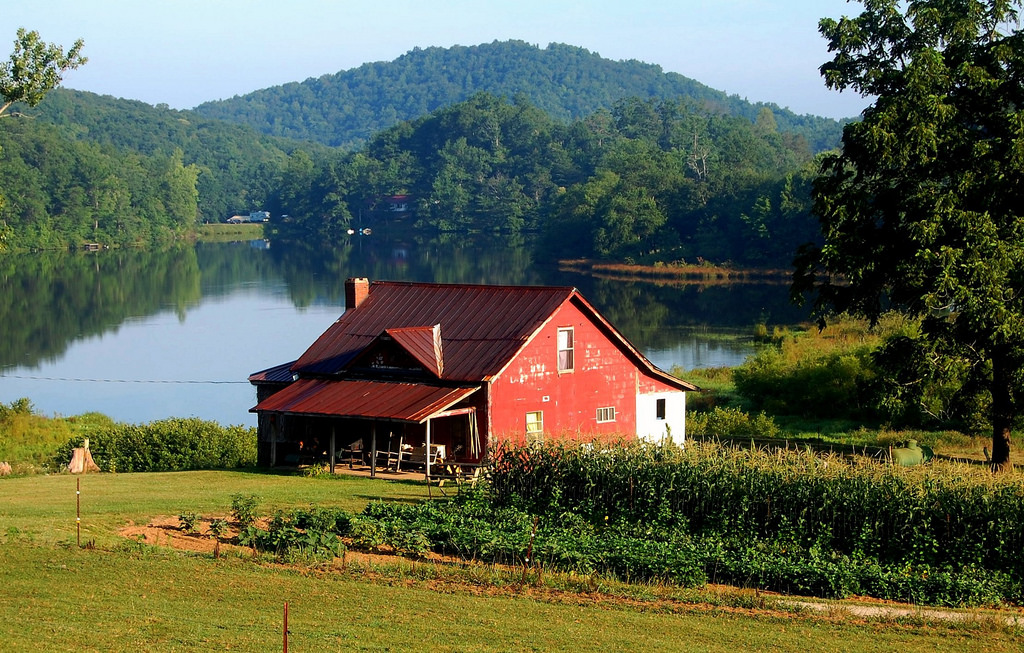SOS: ComAlt, Seminar Pre-Writing Week 1
11 April 2017
Word Count: 353
Passages:
“An evening with good food and good vibrations from the people with whom you’re eating – that’s the kind of evening that turns me on. I like men who enjoy food” (Smart-Grosvenor 1970: xxxviii).
“Gastronomy is a science that analyzes happiness. Through food, which is a universal and immediate language, a component of identity, and an object of exchange, it reveals itself as one of the most powerful forms of peace diplomacy” (Petrini 2010: 56).
“An emphasis on the legitimacy of these arguments as the sole “scientific” approach has created a knowledge apartheid by discounting the knowledge of farmers and the intelligence and creativity of Mother Earth” (Shiva 2016: 7).
News Media Context:
To Become a Better Cook, Sharpen Your Senses
“For most of human history, children learned those cues simply by being near the stove. But today, unless they spend a lot of time in a kitchen, their sensory cooking skills may be limited to listening for the moment when the microwave popcorn stops popping. Those children grow up to be cooks who focus on reading and rereading recipes, often at the expense of paying attention to the stove.”
Discussion:
After reading the assigned texts for the week from Shiva, Petrini, and Smart-Grosvenor I found that I was most triggered by a theme that, while not completely obvious to me at first, I ultimately resonated with. This common thread was the rejection of a sterile, emotionally detached knowledge paradigm.
When it comes to the significance of emotional and cultural connections in food, I have found it is much easier to speak about in the context of eating and cooking, rather than growing. For example, during Smart-Grosvenor’s discussion of her own affinity for “good food and good vibrations” I felt myself smiling and nodding in amused agreement. As Petrini notes, however important the hard sciences may be in explaining food, or growing it effectively, much of its significance comes from creating deep connection and pleasure for the self and for communities.
I was happy to realize, only after reading Petrini and Smart-Grosvenor, the reason why I loved Shiva’s book so much. It was because she clearly explained the knowledge paradigm from which all of our agricultural follies have derived, and of which I have always rejected in the act of cooking and eating. This violent and mechanical methodology that drives agribusiness is something that I have been able to feel instinctively when I eat food that is grown counter to the earth’s natural systems but was never quite able to articulate. Just as using your primal senses of sight, smell, and sound to cook instead of using formulaic recipes and measurements makes the experience of cooking and eating food better, growing food in a way that aligns with the earth’s natural rhythms makes the food taste better, as well as produce better nutritional and ecological impacts.
I can’t help but return to a discussion brought up during one of Kotomi’s tea tastings about factual, hard science versus the inert knowledge and significance that we can’t quite explain or quantify. Because food at every stage is such a visceral and emotional experience, I can’t help but agree with Shiva’s recommended paradigm shifts. Aren’t some things simply better without the complete interference of the human ego?
Citations:
Moskin, Julia. (28 March 2017). To Become a Better Cook, Sharpen Your Senses. Retrieved from https://www.nytimes.com/2017/03/28/dining/to-become-a-better-cook-sharpen-your-senses.html?ref=dining
Petrini, Carlo. (2010) Slow Food Nation: Why Our Food Should be Good, Clean, and Fair. Random House Incorporated.
Shiva, Vandana. (2016). Who Really Feeds the World? The Failure of Agribusiness and the Promise of Agroecology. Berkeley: North Atlantic Press.
Smart-Grosvenor, Vertamae. (1970). Vibration Cooking: Or, the Travel Notes of a Geechee Girl. Athens: The University of Georgia Press.
